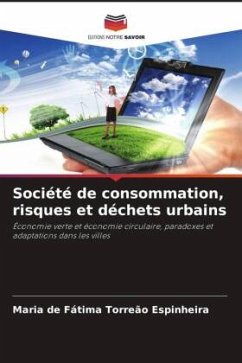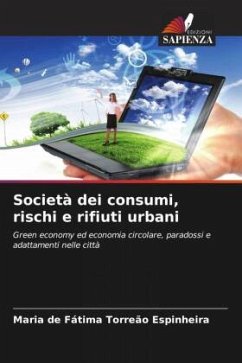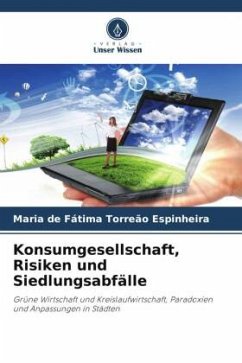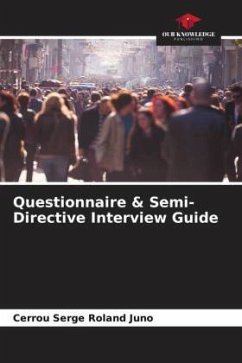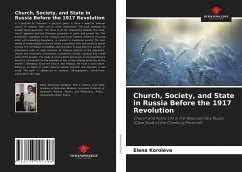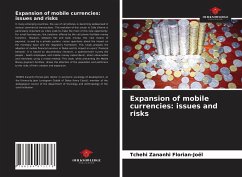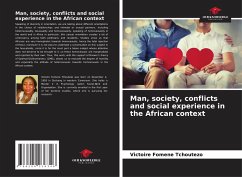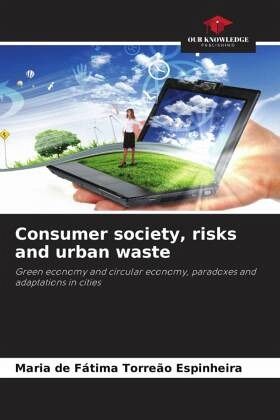
Consumer society, risks and urban waste
Green economy and circular economy, paradoxes and adaptations in cities
Versandkostenfrei!
Versandfertig in 6-10 Tagen
51,99 €
inkl. MwSt.

PAYBACK Punkte
26 °P sammeln!
The book analyses the adaptation processes that the cities of Porto, in Portugal, and São Paulo, in Brazil, have adopted as public policy strategies to respond to the proposals of the green economy agenda in the specific area of solid waste and the circular economy. The apparent paradox, translated into the imperative of waste reduction in a consumerist society model, is approached from a problematization that summons issues related to neoliberalism, the consumer society and the risk society, questioning the ways in which cities become reflexive and regenerative before the economic and social...
The book analyses the adaptation processes that the cities of Porto, in Portugal, and São Paulo, in Brazil, have adopted as public policy strategies to respond to the proposals of the green economy agenda in the specific area of solid waste and the circular economy. The apparent paradox, translated into the imperative of waste reduction in a consumerist society model, is approached from a problematization that summons issues related to neoliberalism, the consumer society and the risk society, questioning the ways in which cities become reflexive and regenerative before the economic and social dynamics of the current context. It discusses the relationship between decision-making procedures and the ability to effect change, identifying good practices and obstacles that emerge in the process. Through consultation and document analysis; study visits; monitoring emblematic projects in each of the two cities; and listening to privileged witnesses, we seek to portray ways of operationalizing the green economy and the circular economy in the field of municipal solid waste management.



